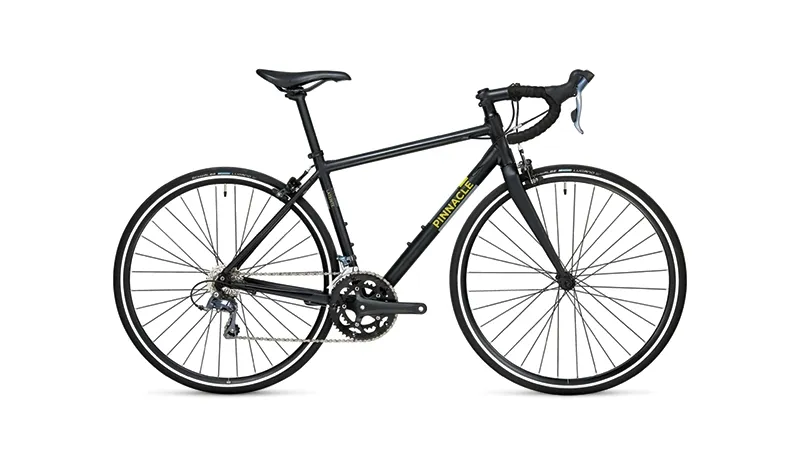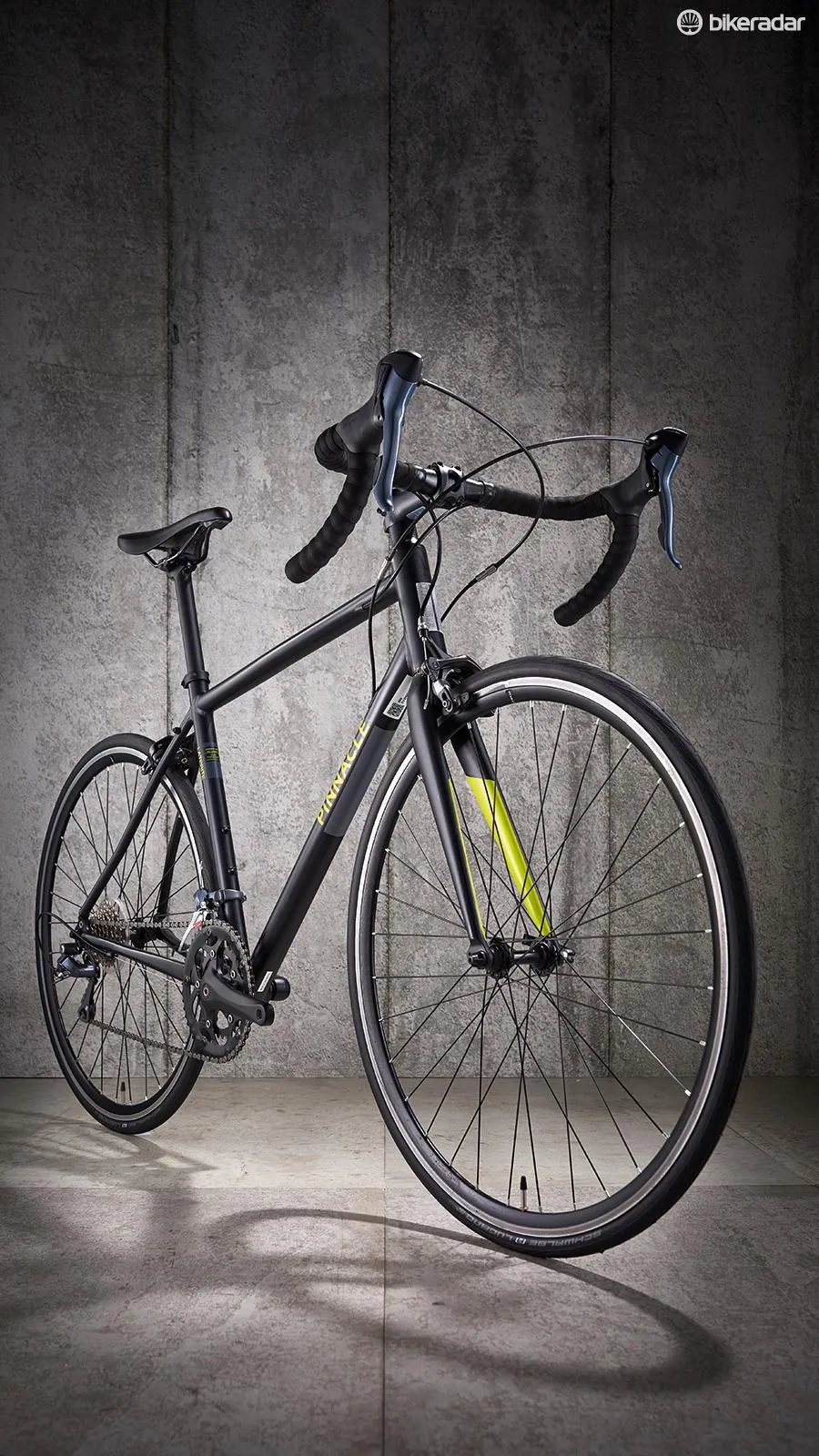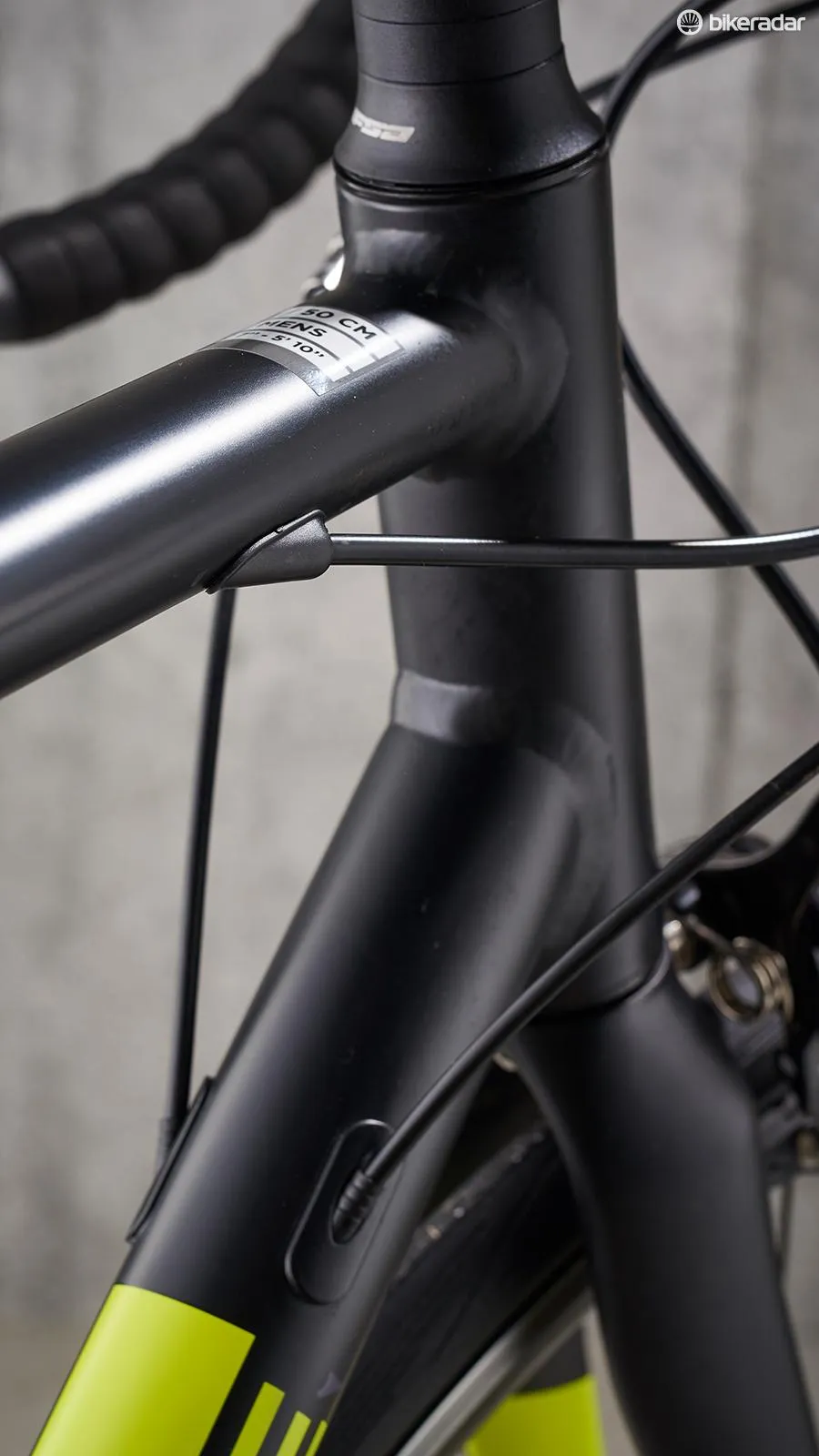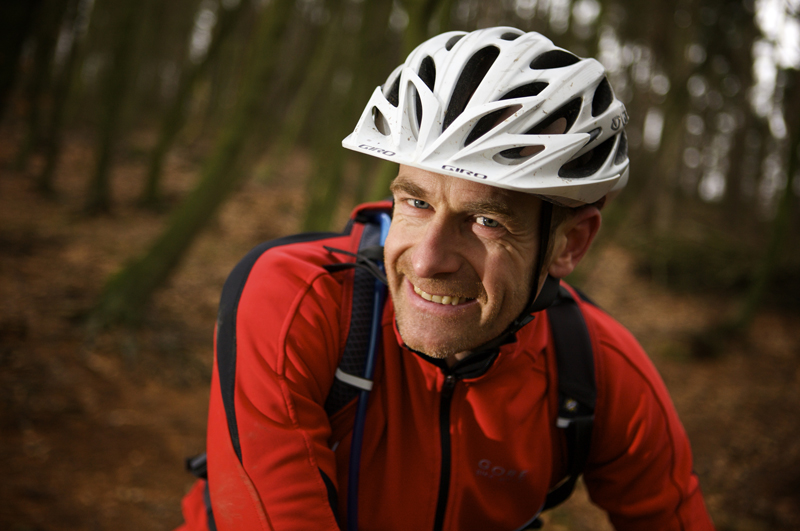At this cut-throat price level, every pound counts when putting a bike together. Having previously tested the £500 Laterite 2 and £700 Laterite 3, we reckoned the entry-level version could hold its own, and the sorted all-round ride proved us right.
- Best road bike: how to choose the right one for you
- Best road bikes under £1,000 for 2018
- Cheap road bikes: our pick of the best under £600
The fact it leaves you with cash for a helmet, shoes, pedals, shorts and so on from a £500 budget means your overall ride experience is likely to be even better.
The Laterite 1 seems determined to impress straight away with a prompt and encouraging response to whatever pressure you put through the pedals. That’s a definite nod to the frame design as the wheels are heavy for a rim-braked bike. Overall weight is good though at 10.21 kg for a medium, which again suggests a quality frame.
That perky power delivery doesn’t come at the expense of comfort, the kinked tubes of the back end are noticeably smoother than the front end of the bike when road surfaces deteriorate. The chunky chainring arms (spider) of the Prowheel chainset deserve some credit too.
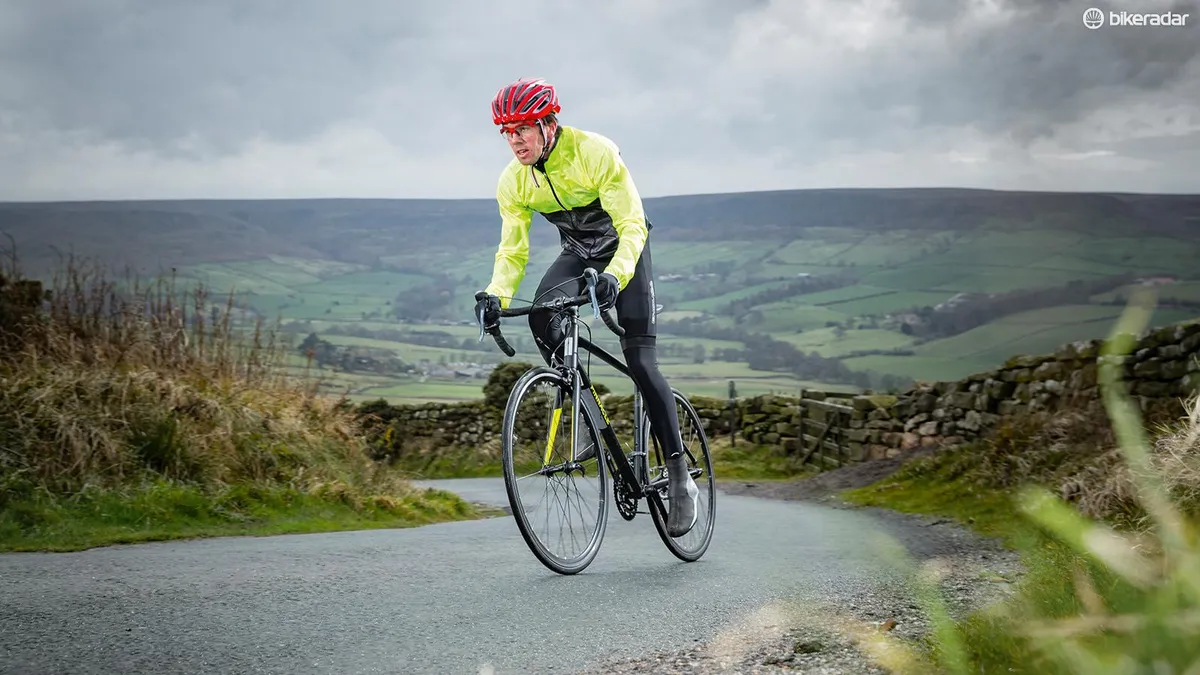
Schwalbe Lugano tyres are a dependable choice in terms of all-weather grip and decent rolling speed for this price bracket. While they’re heavy, 32 spokes strengthen the wheels and loose bearing hubs are self serviceable to increase lifespan compared to cartridge bearing hubs.
The Shimano Claris gearing is the older version with the gear cables sticking out of the sides of the hoods, which doesn’t look as neat as the new tucked-in design. You still get the same number of gears, and as it’s a less tortuous cable routing they work a bit smoother.
I’d ditch the moulded brake pads in favour of metal-backed slide-in cartridge pads to make stopping a lot sharper in terms of feedback and power.
Not only is the kit good for the money but there’s plenty on the frame to encourage a longer term view of Laterite ownership. Those sturdy workhorse wheels are backed up by rack and mudguard fixtures for all-weather, commuting and touring work. Pinnacle even produces its own specific fit mudguards.
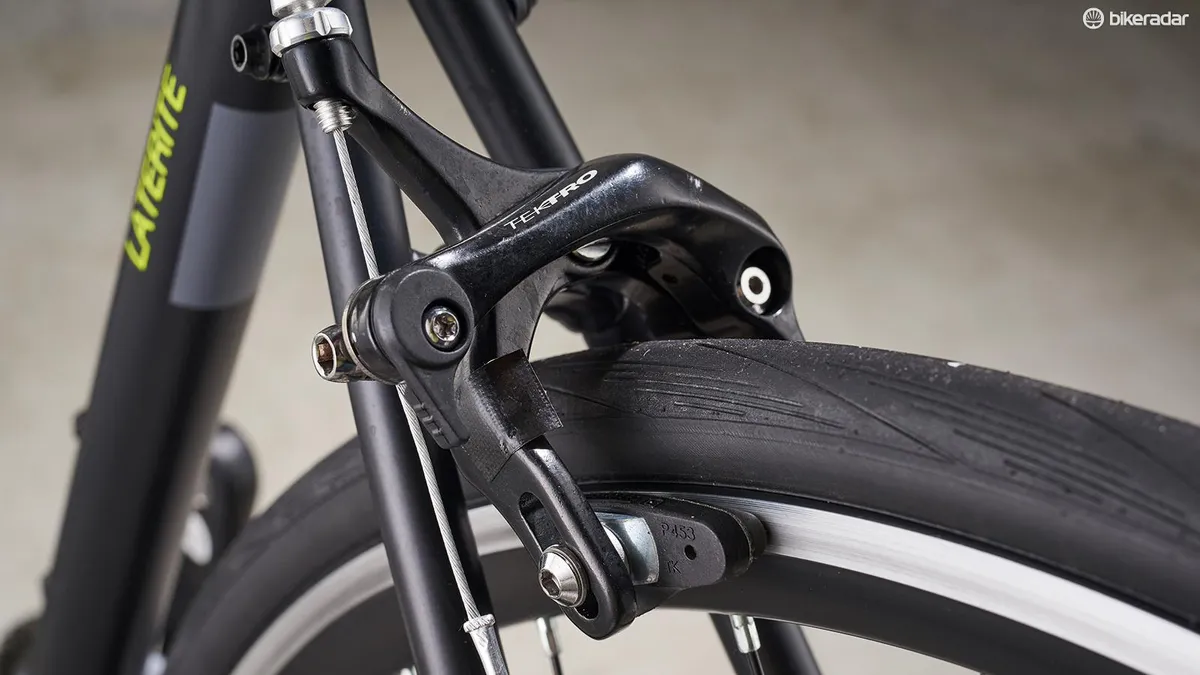
The cables get external tension adjusters for easy servicing but run internally through the mainframe for sleek looks. Top- and down-tubes are shaped to manipulate strength and stiffness, and you even get semi-smoothed welds on the seat tube cluster and head tube junctions.
There are some things you don’t get at this price. The shaping of the seatstays is a little crude — you can physically feel a kink where they bend rather than a smooth curve — but this doesn’t affect the ride quality. The fork doesn’t ride as smoothly as the back end on rougher roads either.
The head tube is relatively relaxed at 72 degrees and extra fork trail makes it more naturally stable. The bar has a lot of forward sweep though, which can make the handling feel a bit unbalanced, particularly out of the saddle. That didn’t stop some of our testers vanishing off down the hills at warp speed straight away though.
The ride feel is up there with the best of the bunch in its price range, it’s versatile and practical and you could certainly find worse equipped bikes for the full £500.
